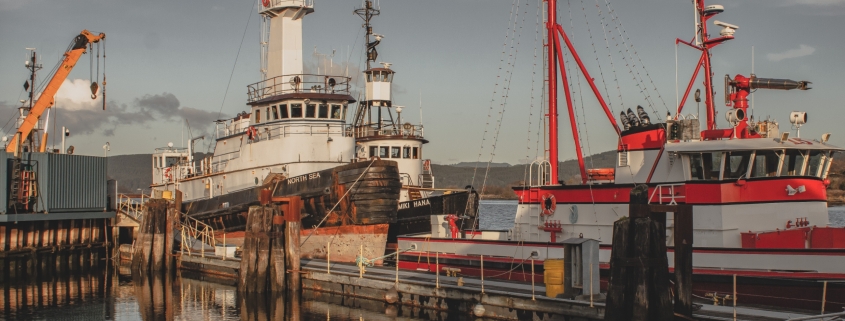Transportation Roundup: Cargo insurance basics
The Maersk Dali is a crisp reminder of the value of cargo insurance when you finally need it. In the news of late and conversations on some of the calls we have participated in concerning the Key Bridge disaster in Baltimore harbor is the mention of “General Average Claim.” General Average spans back to the York Antwerp Rules of 1890; American companies accepted it in 1949. However, the custom of contribution that General Average evolves from dates to the six-century A.D. Roman Law. It distributes extraordinary losses and expenditures to complete a voyage among ALL parties that have cargo aboard the vessel.
In the case of the Dali, the costs are expected to exceed 10% of the value of what was carried on board in lost goods due to containers overboard, refrigerated containers that lost product when the vessel lost power, damage/loss from damaged containers, the costs to clean-up the harbor if any, tug and tow assist and repair to vessel to make a safe harbor, salvage expense, temporary accommodation for passengers and crew on board during salvage operations, and other items as they become known and are required for the vessel to complete its voyage (reach a point of discharging freight).
The value of all the cargo and the value of the vessel are calculated into one sum. Then a weighted percentage by cargo value owned (or the value of the vessel in the owner’s case) are tabulated. The total costs and losses are portioned out to each party that has freight aboard on their weighted percentage of value they have on board. So, if $10 million of cargo is on board, and your cargo is valued at $2 million, you have 20% liability. If in turn total costs/losses to complete the voyage equal $4 million, you will owe $800,000. These claim demands for payment are for cash and can be very constraining when the payout has to be made while you are still working to get the cargo moving again toward its original or alternate destination.
For the uninsured, the cargo is seized and a deposit is required. Uninsured shippers may be required to post deposits greater than those with insurance. This deposit will also be held until the claim(s) are finally resolved. For the insured, claims of this type are reportedly swiftly responded to by the insurer to ensure little delay of regaining freedom to move the cargo. The final settlement conversely can take five years to conclude.
This would be a good time to review what coverage you have with the cargo insurance you are using, and strongly consider the costs and losses you could be subject to if you have not been utilizing insurance.







Leave a Reply
Want to join the discussion?Feel free to contribute!